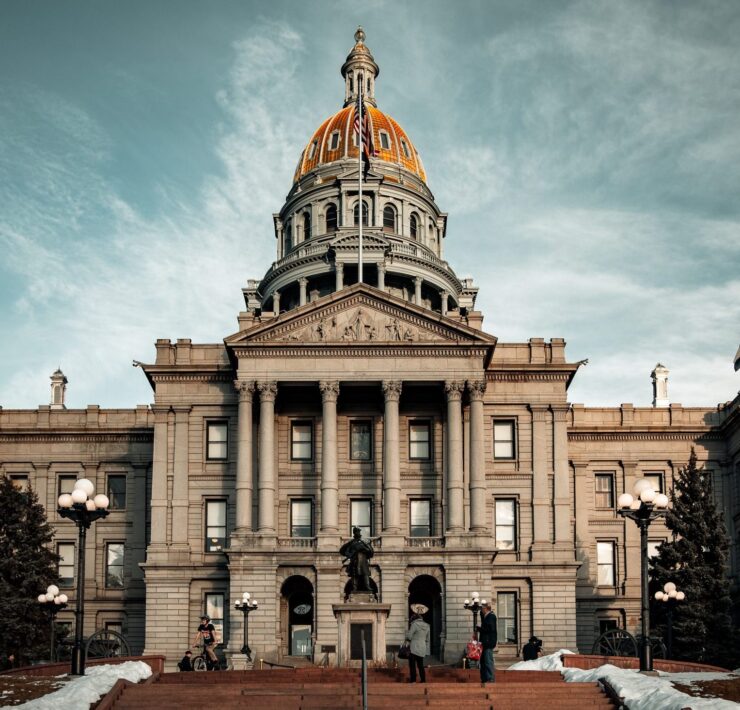Final Arrangements require special steps for LGBT people

Matthew Pizzuti Out Front Colorado's former managing editor.
Planning for “Final Arrangements” – the memorial and services you hope to take place after you die – can be a disturbing thought. But it’s easy to imagine this hypothetical nightmare scenario if it doesn’t take place: A gay woman dies unexpectedly; her partner is left behind.
They made plans for medical decisions, their assets and estate, but the body goes to the next-of-kin – her out-of-state, conservative family. She would have wanted to be cremated; they don’t. She would have wanted a non-denominational memorial held where she lived most of her life; they hold a religious funeral in the hometown. They make her partner and friends feel unwelcome and have the body buried in the family plot.
“Legally, the next-of-kin makes the decisions,” said Tim Wilson, a Family Service Planner at Fairmont Cemetery in Denver. “Even if you’ve worked out who gets the house and finances, the next-of-kin still decides what happens to the body.”
Wilson emphasizes the importance of making end-of-life plans early – for financial reasons, to save loved ones the process of going through the paperwork in a traumatic time, when it comes to LGBT people, protecting them and same-sex partners through legally-binding contracts.
“Say there’s a death in the family,” Wilson said. “There are two kinds of experiences – the person who has died had already planned everything and the family is thankful, or there was no plan and there is a big cost to family,” who also have to file complex paperwork during an emotional time.
“When someone dies there’s a lot of stuff that goes on the certificate – sometimes the partner doesn’t know, for example, the mother’s maiden name, that need to be filled out. If you pre-plan you don’t have to deal with that in an emotional place,” Wilson said.
And Wilson said that LGBT people often handle end-of-life rituals differently – tending to favor cremation over burial, he said, and often want unconventional types of memorials.
“During the AIDS epidemic I lost more than 100 friends personally, and saw much creativity with how we celebrate our lives,” said Wilson, who is gay. “We don’t have to live within the boxes of what constitutes a traditional funeral service.”
Wilson also said that at Fairmount he has people sign an authorization certifying a person’s end-of-life plans and outlining who can make decisions.
“It’s so the family can’t come in and say they want something else,” Wilson said. “We’d have on records that the only one who can make decisions is the partner.”
Wilson said a lot of lesbian and gay couples buy a niche to put the ashes in above ground, and both partners are equal owners of it which assures they will be together in a final resting place.
Planning for final arrangements can also work out how to blend different religious traditions or customs in a single family – and many opt to have more than one service. For example, there may be a Catholic Mass followed by a non-religious memorial, or “they might have one funeral in one state and another in another state,” Wilson said.
But Wilson said that many just don’t think that far ahead. “Most people doing advanced planning are 55 and up,” he said. “People in their 20s and 30s just – 99 percent of the time – aren’t going to have that conversation.”
What's Your Reaction?
Matthew Pizzuti Out Front Colorado's former managing editor.










